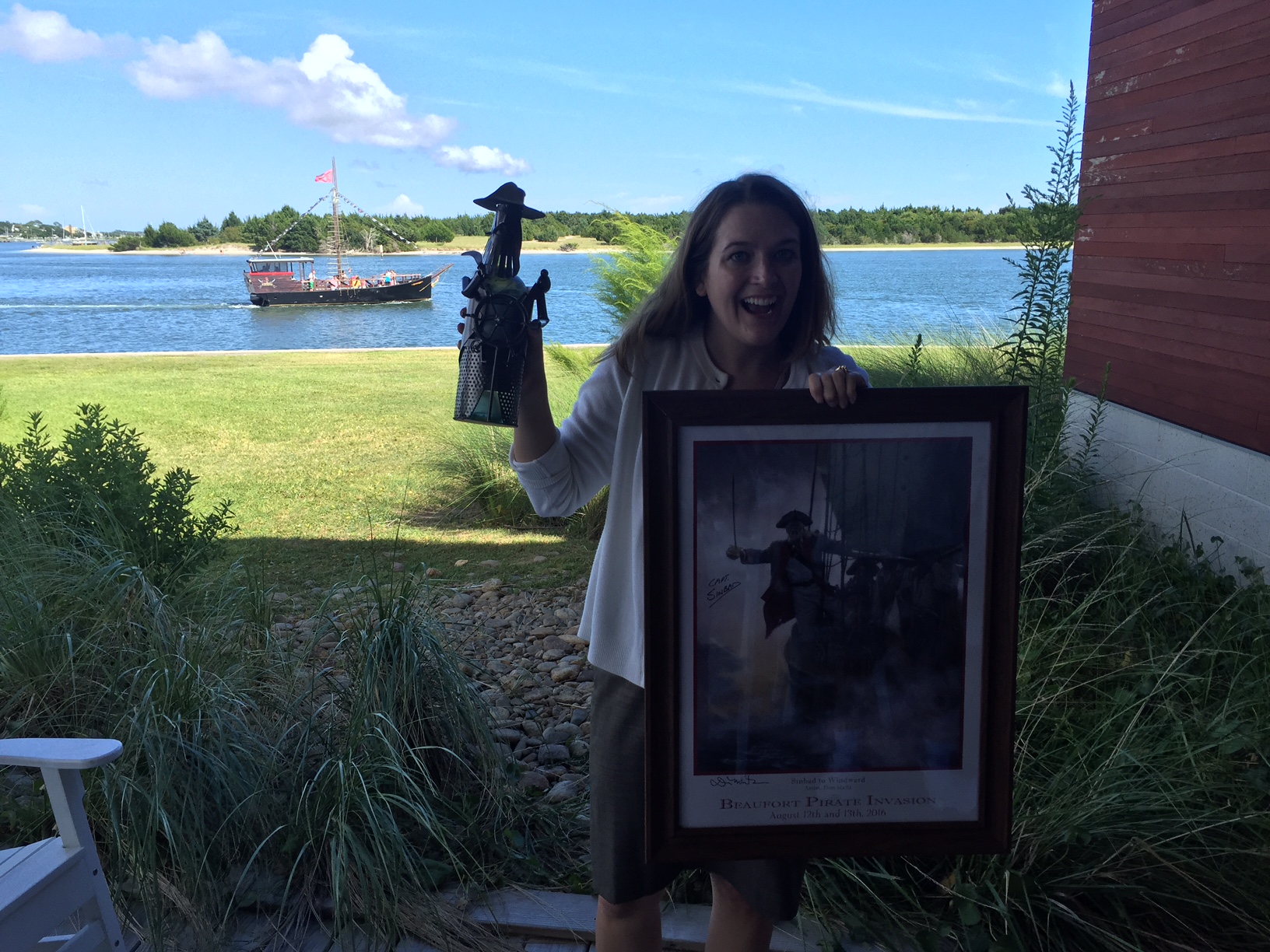Johnson announced a Sustaining Fellow of the Association for the Sciences of Limnology and Oceanography (ASLO). ASLO Sustaining Fellows are recognized as having sustained excellence in their contributions to ASLO and the aquatic sciences.
Uncategorized
Microbial science at Duke is taking a major step forward with the launch of the Duke Microbiome Center (DMC), which is intended to address growing scientific interest in the roles microbial communities play in human health, the environment and biotechnology. The new center expands on the mission of the five-year-old […]
Five large scale ponds, three ~1000L and two ~4500L , have been installed and are growing microalgae as part of the Marine Algae Industrialization Consortium (MAGIC). The ponds will grow ~10 strains of microalgae to compare their growth characteristics, algae biochemical signatures, and product suitability across a range of potential […]
The Pivers Island Coastal Observatory (PICO) closed 2016 by reaching a major milestone – the 750th time point! Started in mid-2010 as an undergraduate independent student project focusing on ocean acidification, the coastal time-series has matured into a long term coastal sentinel, observing seasonal, yearly and interannual changes in the […]
Alyse Larkin successfully defended her PhD titled, “Ecological Controls on Prochlorococcus sp. Diversity, Composition, and Activity at High Taxonomic Resolution” She will continue working on marine microbial ecology at UC Irvine working as a postdoc. Congratulations!
On Saturday, August 1, the Duke Marine Lab hosted its annual Open House extravaganza. This year’s event was exceptionally well-attended, with more than 500 curious guests coming to explore our island community, learn about the history of the Marine Lab, and delve into the exciting research going on here. The […]
Algal biomass can be converted to advanced biofuels that offer promising alternatives to petroleum-based diesel and jet fuels. Additionally, algae can be used to make a range of other valuable bioproducts, such as industrial chemicals, bio-based polymers, and proteins. However, barriers related to algae cultivation, […]
PICO-LOVE (Pivers Island Coastal Observatory – Longitudinal Oceanographic Variability Experiment) measures physical, chemical and biological variability along a zonal transect from Beaufort to the Gulf Stream (weather permitting) approximately once monthly. The goal of this study, as part of our ocean acidification experiment work, is to understand zonal variability of […]
The Marine Microbe Group (Johnson and Hunt Labs) at the Duke Marine Laboratory has been awarded a NSF project (#1416665) to study the effects of ocean acidification on microbes. Titled, ‘Collaborative Research: Ocean Acidification: microbes as sentinels of adaptive responses to multiple stressors: contrasting estuarine and open ocean environments,‘ the […]
It’s not a new NASCAR event! The Pivers Island Coastal Observatory (PICO) logged its 600th time point today. The observatory, which was originally established to monitor ocean acidification, now includes a suite of physical, chemical and biological measurements made at least weekly throughout the year towards understanding coastal ocean variability […]








